The five women who crafted the Georgian constitution
In the afternoon of May 26, 1918, in a ceremony held in what was then the vice-regent’s palace in Tbilisi, Georgia’s Act of Independence was signed, marking the country’s independence from the Russian Empire. Five women were among those who put their signatures to the Georgian constitution. Brave and unyielding leaders, they helped change the course of Georgian history.
Minadora Orjonikidze-Toroshelidze
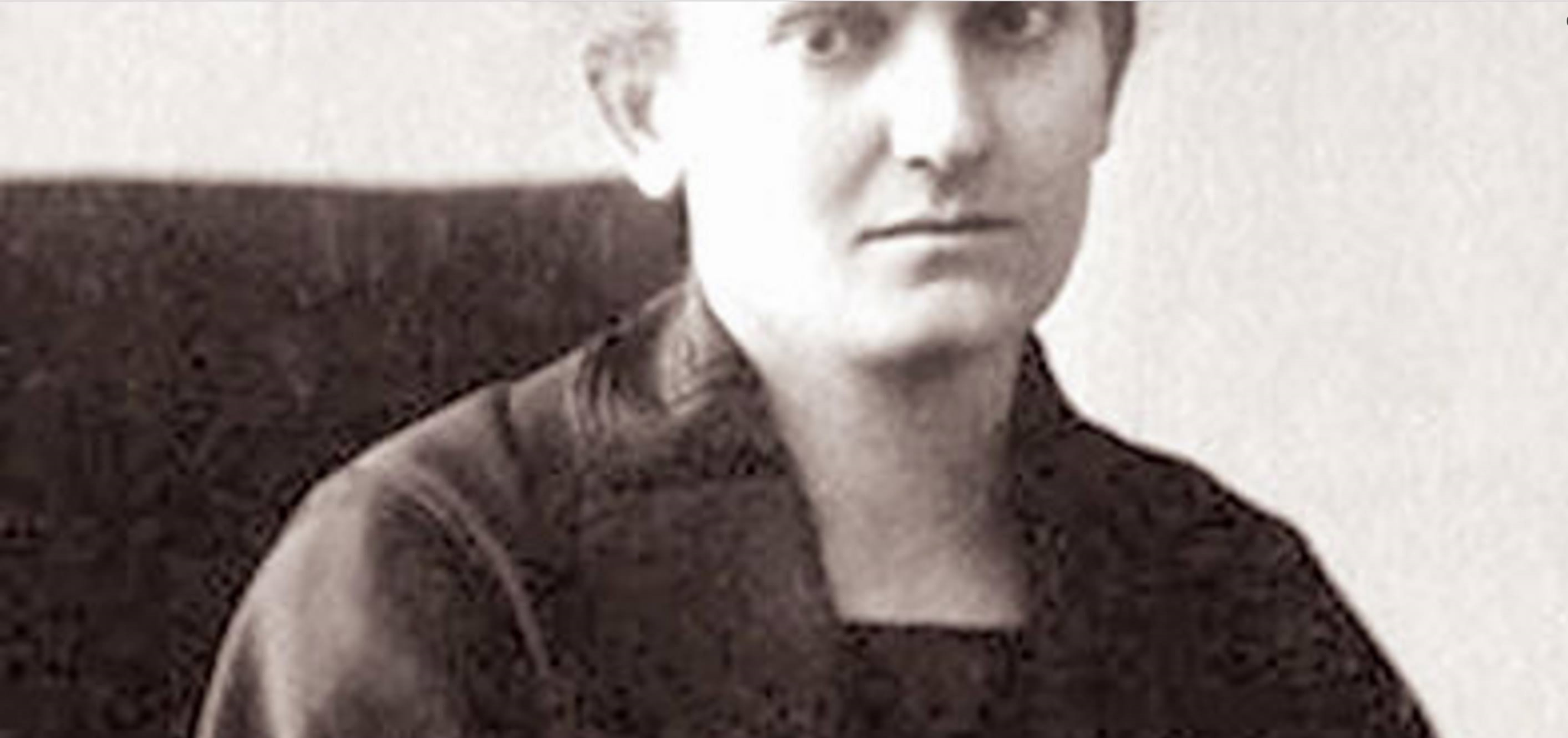
“…When debating an issue, I’d stand my ground and make concessions to no one, but once outside [the assembly building], I’d put many of the [disagreements] out of my mind and try to get rid of whatever hostility I might have felt toward my opponents. I have to say that [these discrepancies] brought no turmoil whatsoever into either my personal life or [political] activity,” – Minadora Toroshelidze, a member of Georgia’s Founding Assembly, a Menshevik and socialism activist wrote.
Born into a family of noble standing in Imereti [a western region of Georgia], Minadora went to Geneva to study medicine. It was there that she got introduced to Marxism and her future husband Malakia, a Bolshevik. Together they returned to Tbilisi, and she plunged into activism as a member of the Menshevik faction of the socialist movement.
In 1918, along with four other Georgian women she put her signature on the Georgian constitution. After Georgia was forced to become a part of the Soviet Union, Minadora participated in anti-Soviet activity, which got her arrested and exiled repeatedly. Her husband and sons were executed by firing squad.
Eleonora Ter-Parsegova-Makhviladze
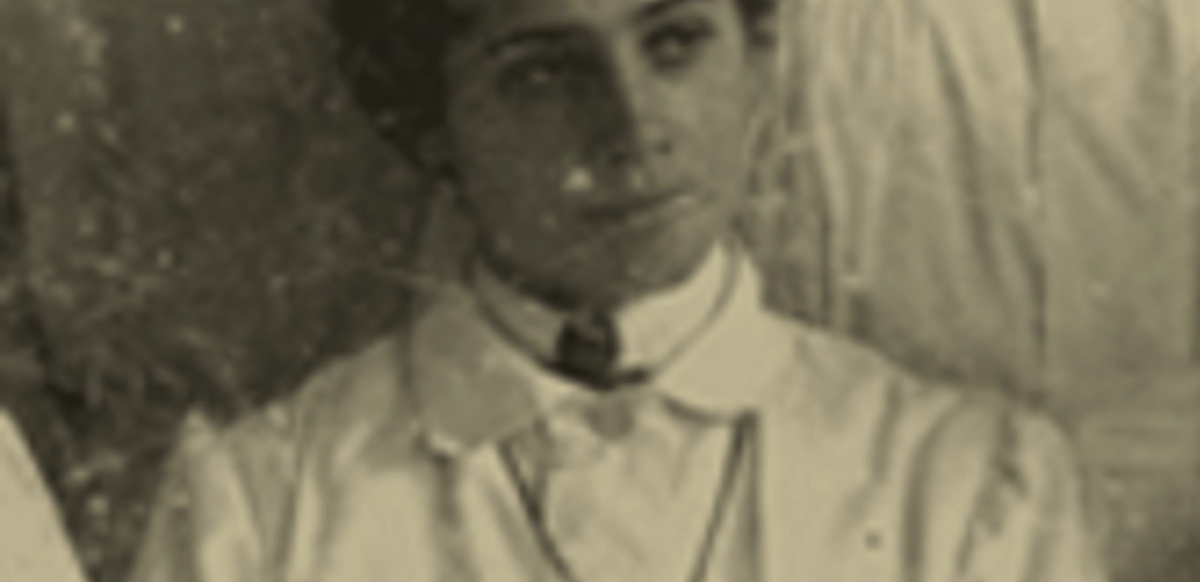
– Eleonora Ter-Parsegova-Makhviladze, a Menshevik, a member of Georgia’s first parliament, a teacher.
Eleonora Ter-Parsegova-Makhviladze was born in Tbilisi. Thirty years later, she moved to Sukhumi.
She would bring her school students together and teach them to sing La Marseillaise. As they sang, she’d have them add ‘Nicholas’ [the name of the Russian emperor] to the lyrics about ‘bloodthirsty tyrants’. She’d tell them they had to resist unjust authority and disobey their director – ‘the old, timeworn fool’.
It was Eleonora who addressed an anti-government rally to say forces needed to be joined ‘to prevent the dying government from regaining its feet’. A red flag in her hands, she marched ahead of the demonstrators.
She became a member of the Menshevik government and a signatory to the Georgian constitution in 1918.
Kristine Sharashidze
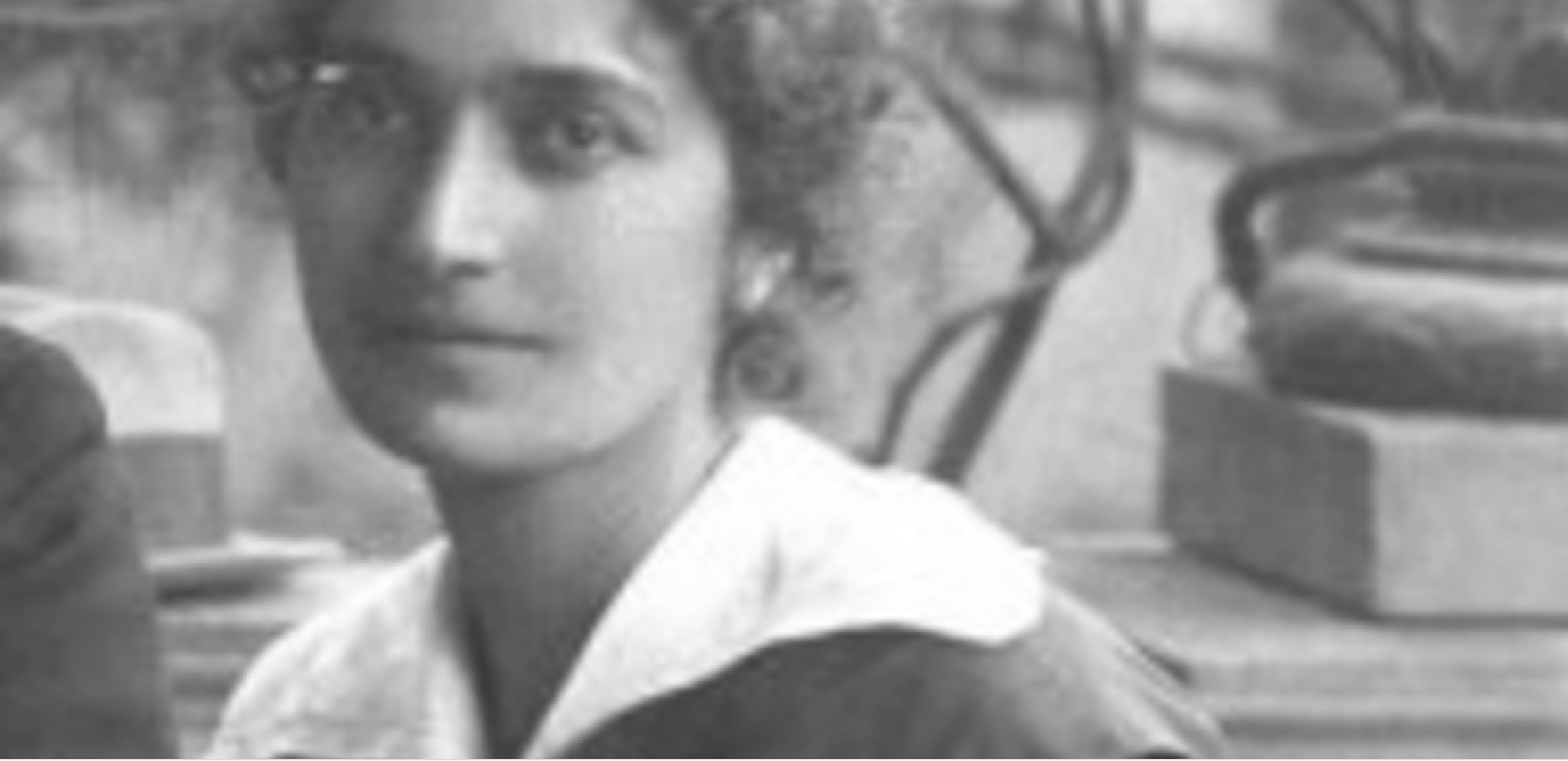
“About the consolidation of the soviet government in Georgia, I can say that the real power is in the hands of the Russian Red Army, whereas the government made up of Georgians is nothing more than fiction, and foreigners rule Georgia,” – Kristine Sharashidze, a Menshevik, teacher and journalist.
Kristine Sharashidze was a member of Georgia’s Founding Assembly and Literacy Society. She worked as a journalist and teacher, and was an active member of the anti-Soviet movement. She was arrested more than once. Her family was executed by a firing squad.
Elisabeth (Liza) Nakashidze-Bolkvadze
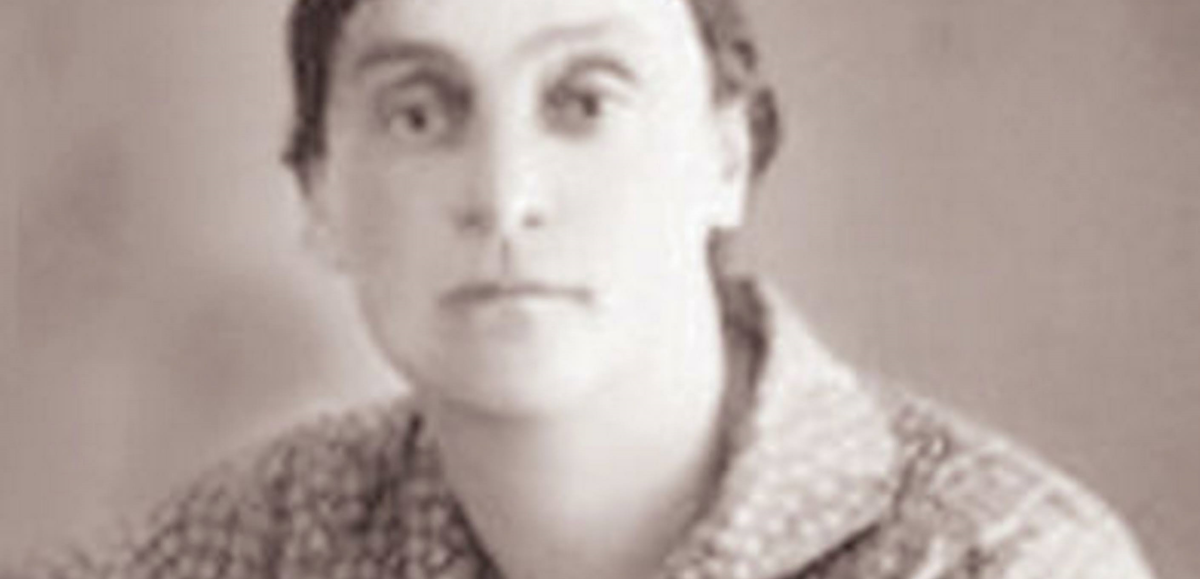
“… I plead not guilty to the charges that have been brought against me. I don’t deny that wherever I was exiled to I was on a friendly footing with exiled Mensheviks who would come to see me now and then. I don’t deny I engaged in correspondence with my friends. I don’t deny I always was and still am ready to help my exiled friends who are hard up financially. But I deny categorically the charge that I engaged in illegal, Menshevik activities. The contacts, the assistance I provided – it all was motivated by personal considerations rather than partisan allegiances,” – Liza Bolkvadze, a Menshevik and member of the Founding Assembly.
Liza Bolkvadze was among the five women who became members of Georgia’s first, unofficial parliament, or the Founding Assembly. She was detained several times, exiled and, finally, executed by firing squad for her anti-Soviet work.
Ana Sologashvili
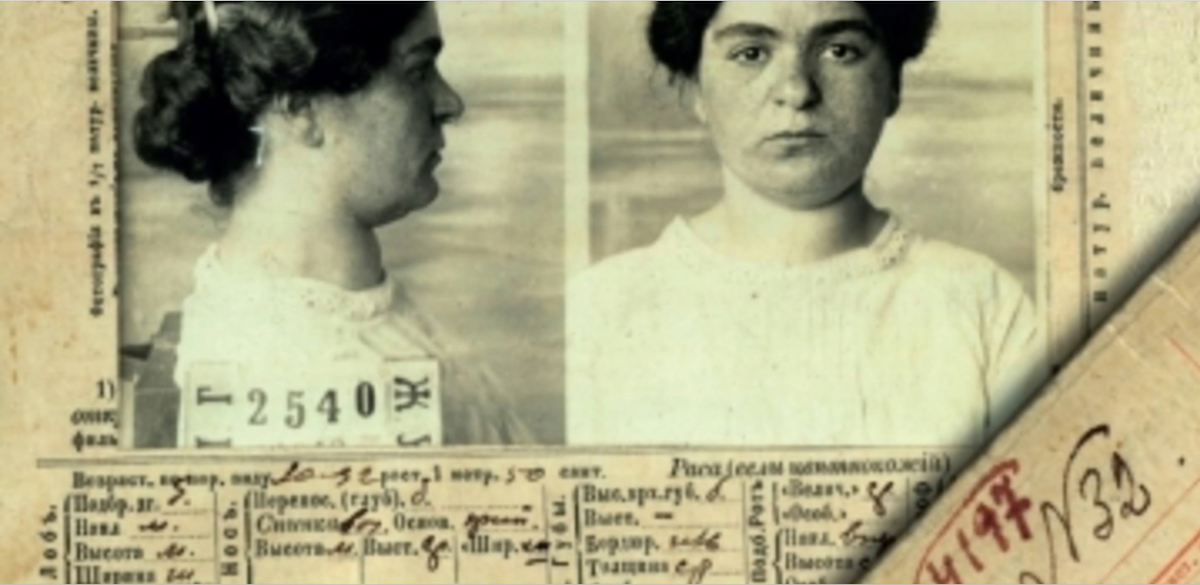
Ana Sologashvili was a teacher, a Menshevik, and an anti-Soviet activist. She was also one of those who signed independent Georgia’s constitution in 1918.
Ana Sologashvili was born in 1882. She would be one of Georgia’s first MPs.
A member of the Social-Democratic Workers’ Party since 1903, she joined the Menshevik faction after the party split.
In 1918, Ana signed the Georgian constitution. In 1919, she was elected as a member of the Founding Assembly.
Starting in 1921, after Georgia was Sovietized, she became involved in anti-Soviet work.
Ana was arrested in 1937 and sentenced to execution by firing squad. She’d been accused of involvement in anti-Soviet propaganda, spreading chauvinistic sentiments, and ties with the Menshevik leader, Noe Ramishvili.


















